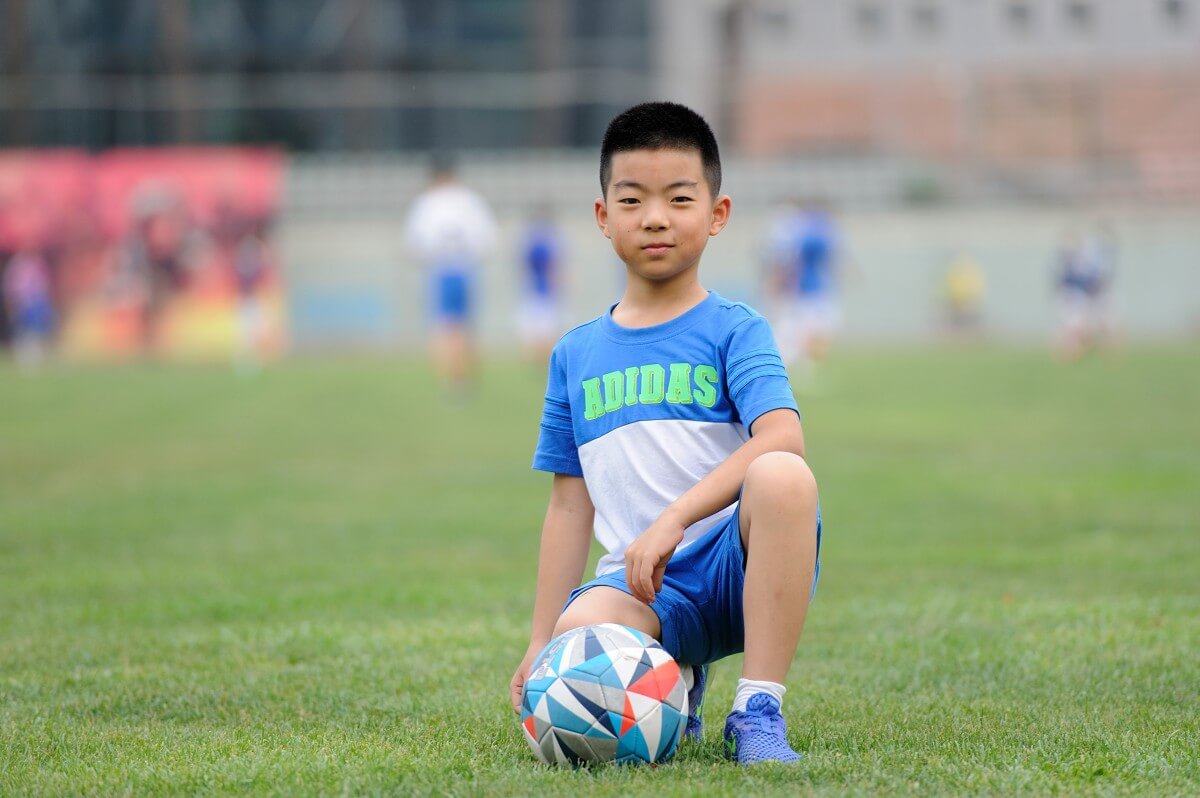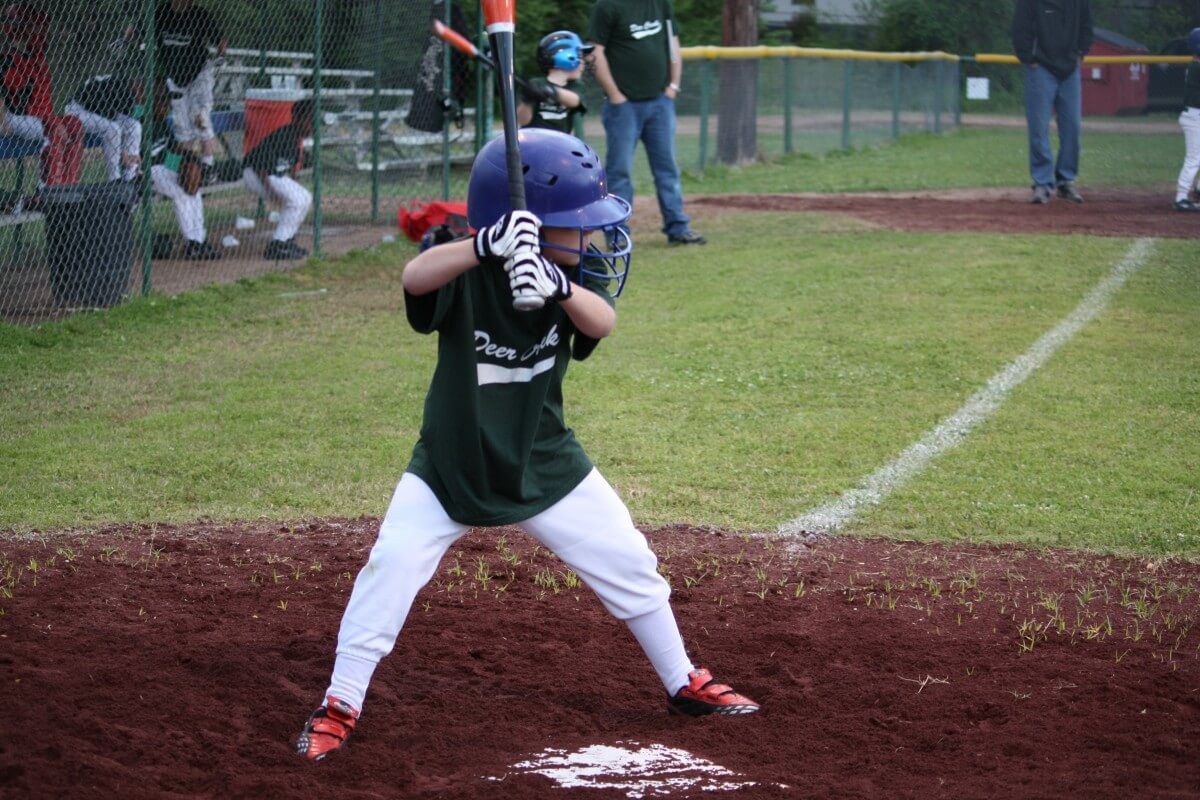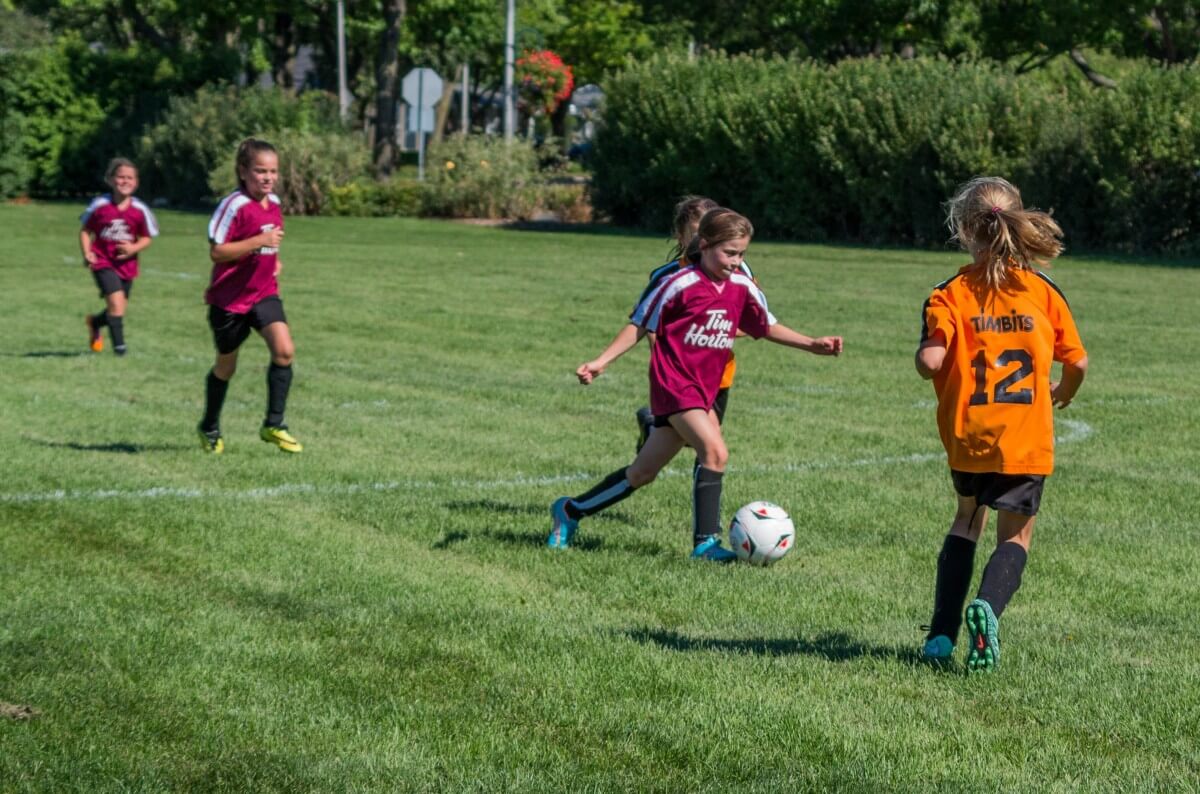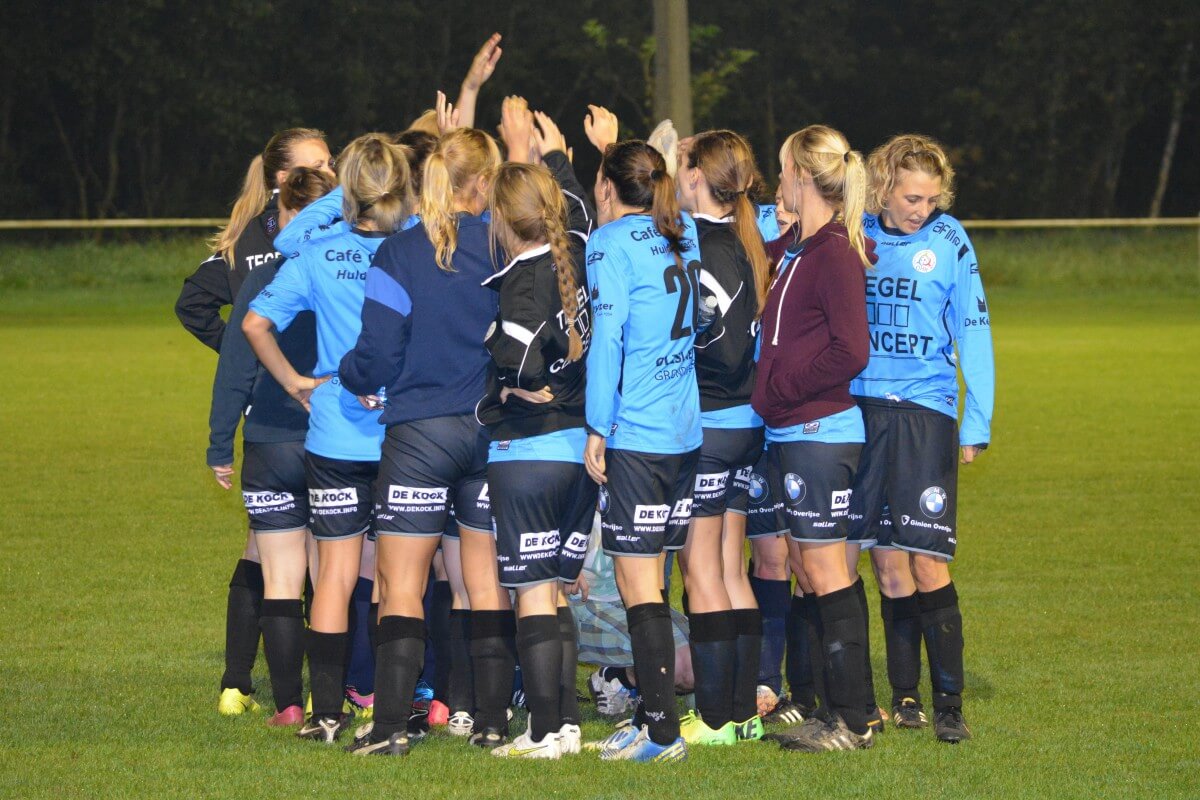
Sports have played a huge part in my life for as long as I can remember. I grew up with a father who coached football, basketball, and track for 44 years. I probably had a ball in my hand at the age of 2. I competed in different sports in high school and then played football throughout my college career. I have coached different sports at the high school and collegiate levels for the past 26 years as an assistant and head coach. I have coached men’s and women’s teams in football, basketball, and track and field. It is unbelievable how much athletes have changed over that period of time.
One huge change is that young kids suddenly became programmed to only participate in ‘organized’ sports. Very seldom do they just play outside for fun anymore. Seeing kids outside playing tag, catching in the sandlot, 3 on 3 at the tennis courts, 3 flies up, etc. is rare today. These games taught kids creativity, leadership, teamwork, and sportsmanship. These unorganized games developed kids physically and mentally. Kids developed competitiveness, balance, and body control. They learned how to adapt and handle defeat. There was no crying over a loss because one would get teased right off the field. Kids learned to pick themselves up and try again.

The raw strength of kids is lacking today because they don’t get outside to play like they once did. Because of this lack in strength and agility, strength and conditioning programs have become a huge business for younger athletes. In the late ’90s, one saw the Tiger Woods phenomenon emerge. Parents suddenly encouraged their kids to be the next Tiger of their sport. Parents hired personal trainers and bought gym memberships for kids as young as elementary school. Kids went from playing multiple sports to specializing in one sport and playing it year-round. I question if this push has taken some of the fun out of sports and if it has become more about the parents than the kids.
Along with the physical differences in kids over the years, I have seen a drop in mental toughness. Sports specialization took a variety of experiences away from kids. Their ability to adapt to different roles on teams was taken away. They learned to only focus on what they were the best at rather than working on weaknesses to improve other areas of their athleticism. Parents began to push kids to sign up for all-star or elite teams which travel all over the region, and sometimes, all over the country. A ‘win at all costs’ mentality emerged. These all-star teams find a lack of competition in their area, so traveling across multiple state lines becomes necessary.
What are we teaching our kids through this experience? Are we teaching them to learn from their failures and how to adapt to the next team or are we teaching them that losing is unacceptable? What happens when these kids are put onto subpar middle school teams? Are they able to handle losses or do they want to quit or skip school sports altogether? Where is the school pride anymore – has winning trumped everything?
No athlete likes to lose, but kids today fail to find the lessons that losing has taught so many athletes for decades. In the 2000s, there came a push not to damage a child’s self-esteem which created lots of false praise being handed out (Dweck, 2007; Firestone, 2022). You no longer were supposed to tell a kid that they needed to work on this or that – they were doing great no matter what. This way of thinking set kids up for lots of emotional breakdowns. If you go through every day thinking you are great at everything you do, but then have an honest coach tell you what you are doing wrong or get after you to work harder, you crumble under the pressure. Athletes’ inability to deal with situations like these has led to an influx of mental health issues and sports psychology programs (Powers, et al., 2020).

Adding to the drop in mental toughness was the creation of social media. This has made athletes more self-conscience. They are now rating themselves against other kids on a national level. If they don’t see themselves as top-notch, they give it up rather than work to get better. The comments posted can be devastating to an athlete’s mentality. They begin to question every aspect of their game and even appearance. They seem to be no longer playing for the fun of it, but for the recognition. I have seen athletes question coaches more over the last few years. Everyone seems to be an expert today because of their access to technology and social media. Parents believe that since they were a pee-wee coach, they know best. The amount of coaching from the stands is unbelievable today. Parents used to support coaches, but now it seems they are questioning them.
My job as a coach has not changed much over the last 10 years. What has changed is that sports have become less about the X’s and O’s and more about the social/emotional well-being of the athletes. Kids question everything now – they want to know the ‘why’ behind everything they are asked to do. Parents are telling them one thing at home, social media is telling them one thing online, and their coach is telling them another thing at practice. Who are they to believe? Kids are being pulled in more directions today than ever before, no wonder their mental state has become a top priority. In my opinion, we need to put the fun back into sports.

Just recently, my son, who was named All-State in three sports, went to college on a football scholarship to play quarterback. He loved the sport, and it was his dream to break all the records at this school. That all changed when he realized the level of commitment required of a college athlete on a daily basis. It was no longer a 4-month sport, but a 24/7 job for 11 months of the year. The fun of the game and his passion disappeared. He ended up quitting after his first year and giving up his dream. This was a hard pill for me to swallow and caused me to reflect on my own coaching philosophy. How can I put more fun into the game and make kids find more enjoyment in the sport that I love?
This will be the first year I will stop using 2-a-day practices. Two weeks of 2-a-days become a grind and something the players dread. In my mind, if we cannot fit everything into one 3-hour practice, then we are doing way too much anyway. I believe that sports must become less of a job and more of a passion for kids. Kids are faced with more pressures than ever before; it is my job to make sport practice something they look forward to each day, not dread. How much is too much? I am afraid that if we continue down the path we are currently on, more and more kids are going to move away from athletics.
References
Dweck, C. (2007). The perils and promises of praise. Educational Leadership, 65(2), 34-39.
Firestone, L. (2022). The problem with overpraising children. PSYCHALIVE. https://www.psychalive.org/problem-overpraising-children/
Powers, M., Fogaca, J., Gurung R. A. R., & Jackman, C. M. (2020). Predicting student-athlete mental health: Coach-athlete relationship. PSI CHI Journal of Psychological Research, 25(2), 172-180.




I’ve been having this same conversation about the mental state of our kids with so many people these days. As an elementary PE teacher with a passion for character education and SEL, it’s becoming ever more challenging to teach kids the skills they need to toughen up. Something hard to accomplish when they’re so pampered at home, get what they want and never lose. And, the Covid pandemic has totally exacerbated the situation. We’re seeing a lot of issues with our students in Grades 1-4; the social workers and school psychologist have never been so busy!
I can only hope that with a continued emphasis on Character Education and SEL, I’ll see a more positive trend before I retire in three years.
I agree with you whole heartedly! Sports has turned into a job – even for young kids.
I don’t know how it can be reversed now that college offers a way, through sport, to lower the bills. But, I think us all in PE should focus on more than competition. Our programs should include several kinds of dance and also creative movement vis gymnastics or dance. Kids should be taught the tools that help them recognize their contribution to their teams and learn to respect the effort everyone makes when participating in group activity.
When my son was young, he played football by himself. Seriously, he would fall on the ground because he was tackled, and he would spike his football when he made a touchdown— in our back yard!